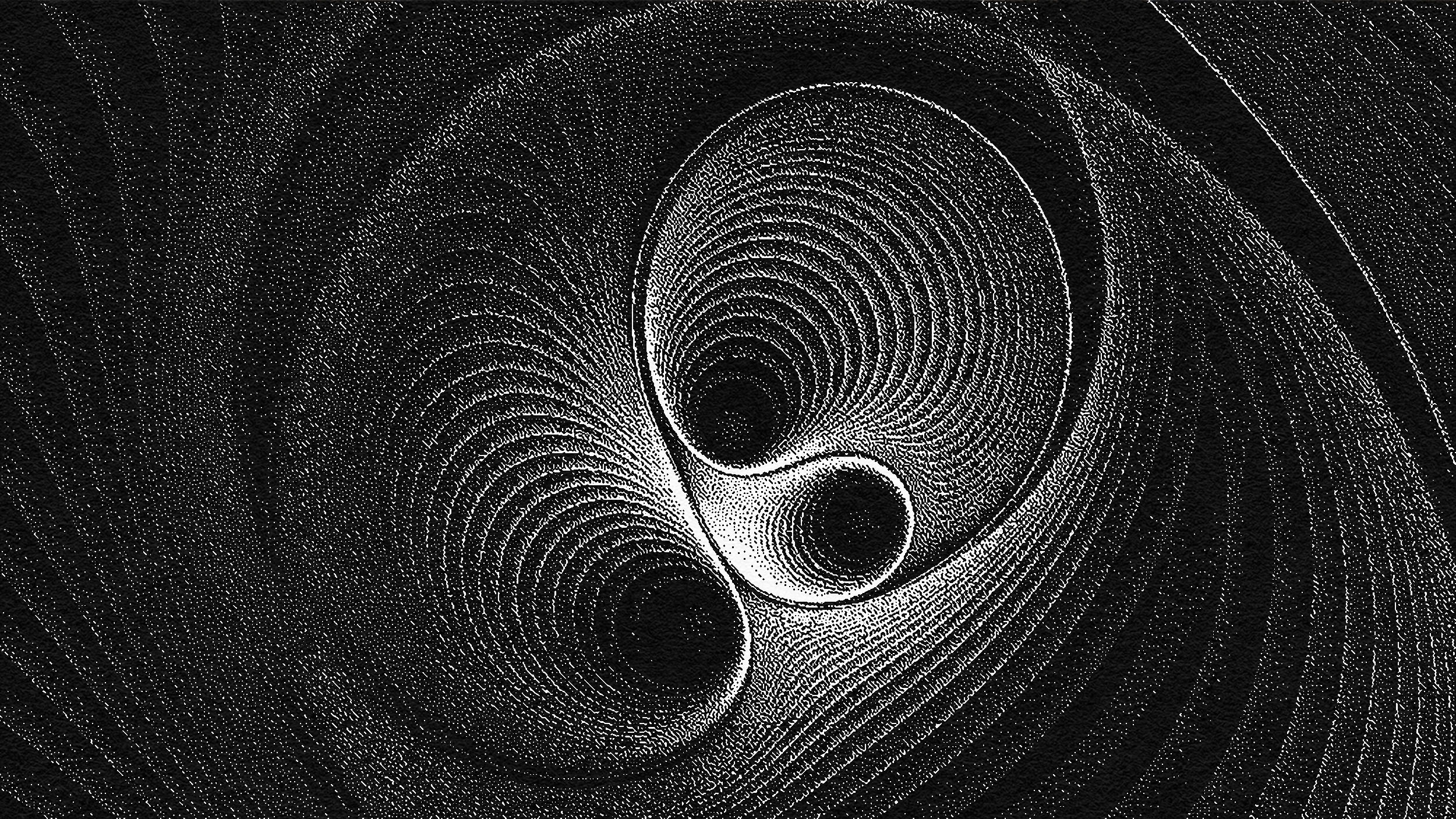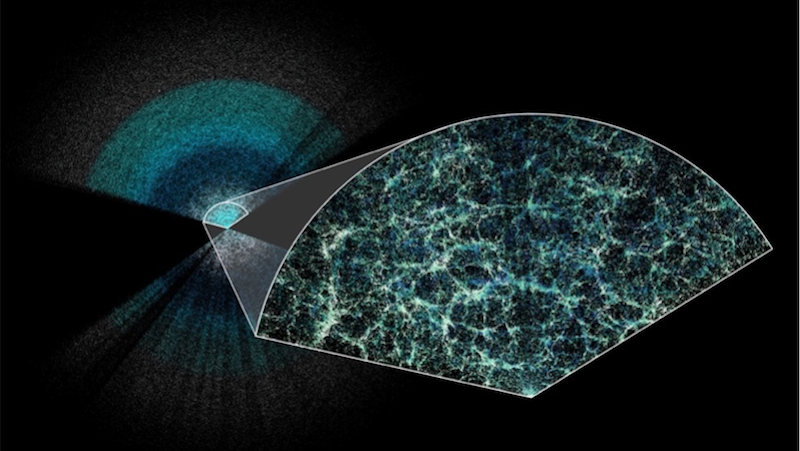Richard Dawkins: Make smarter decisions by thinking like a scientist

“There is a kind of whispering campaign — more than a whispering campaign, sometimes a yelling campaign — against the value of objective truth.” So says biologist and author Richard Dawkins. His latest book, Science in the Soul, seeks to fight back against the fallacy that all opinions are equally valid, even those for which there’s scant or no objective evidence. In his Big Think+ video, “Adopt the Scientist’s Mindset,” Dawkins explains where truth can be found, as opposed to all that other stuff.
Science’s notion of truth has nothing to apologize for
Science appears to be committed to objective truth, Dawkins says. After all, science works: Planes do fly through the air, we have landed on a comet and gone to the Moon, antibiotics cure illness, and vaccines prevent us from getting sick. The principles that enable these achievements are objective truths. Everything, says Dawkins, is not subjective. Some things are true.
About intuition
Nonetheless, intuition is valuable, Dawkins believes. A hypothesis of what may be true can and often does push science forward. The key, though, is that an intuitive hunch must be followed by testing that confirms its validity or not. For objective-truth seekers, “if their hypothesis is disproved, they should regard that as a reason to reject the hypothesis or modify it, not a reason to just carry on doggedly sticking to the hypothesis because they are intuitively committed to it.”
Absolutely required: Critical thinking
“We need to respect evidence,” Dawkins reminds us. It’s the only reason to believe anything about the real world. Intuition is helpful, but never the final word in and of itself without testing and evidence.
Don’t be fooled, he says, by those who defend an unsupported belief by saying, “Well, it’s true for me, it may not be true for you.” It’s not true for anyone absent evidentiary proof.
Experts opinions do matter
Though some may choose to distrust scientists who deliver difficult, even alarming, news, it’s nonetheless true that conclusions based on testing and evidence deserve to be taken seriously. It doesn’t really matter that we’d prefer such news — think climate change — to be untrue. A genuine expert will have thoroughly investigated and tested what they’re saying. Taking such a person’s word, sums up Dawkins, “is not trusting authority so much as trusting the scientific method.”




